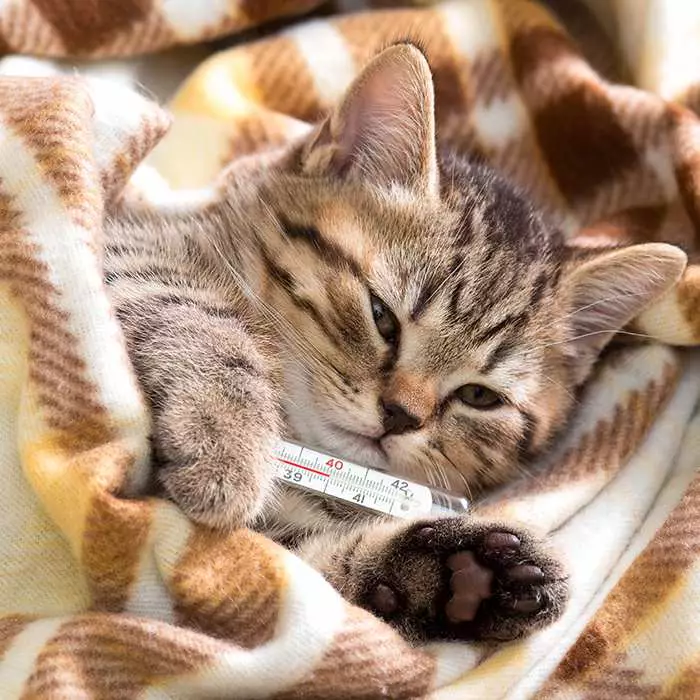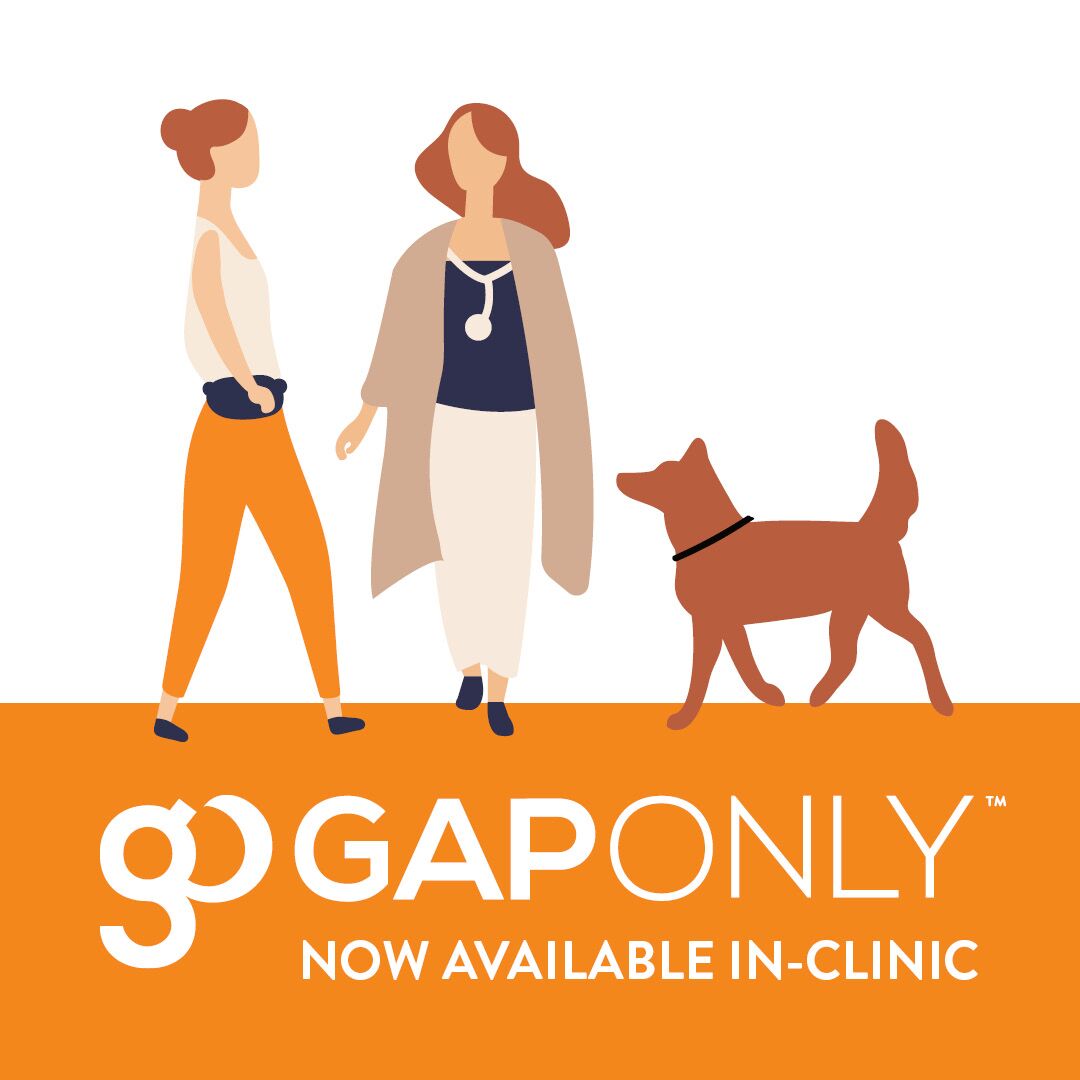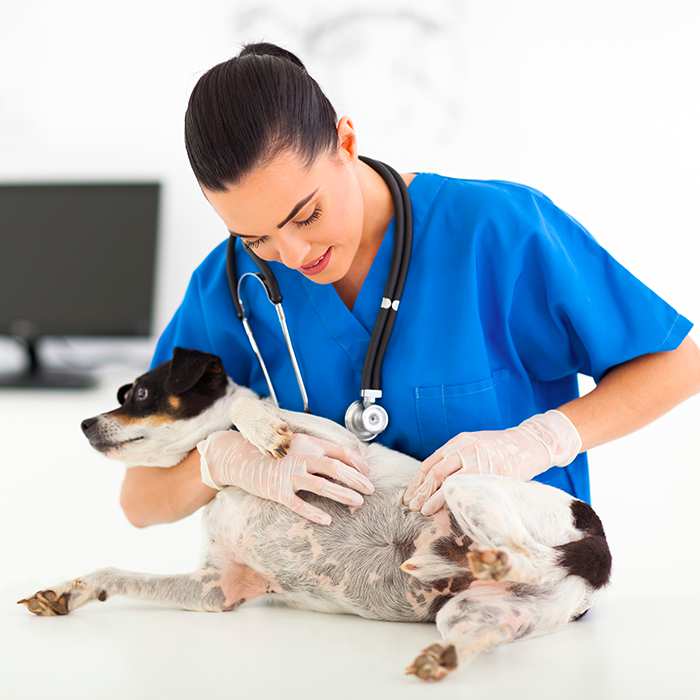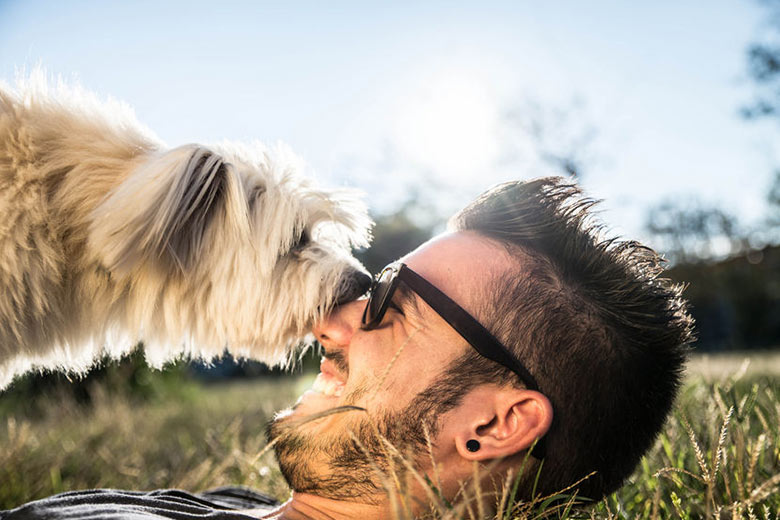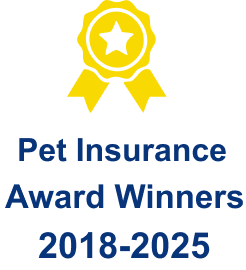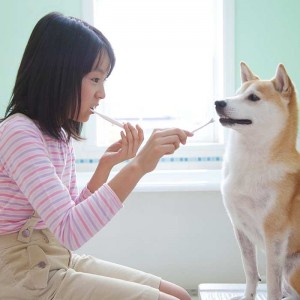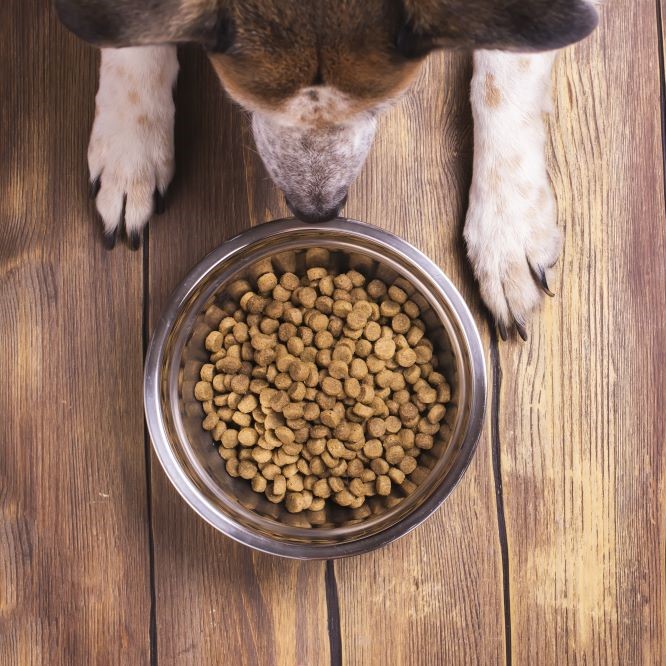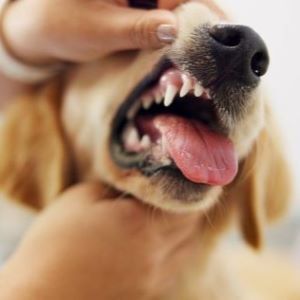Maintaining your pets’ dental hygiene
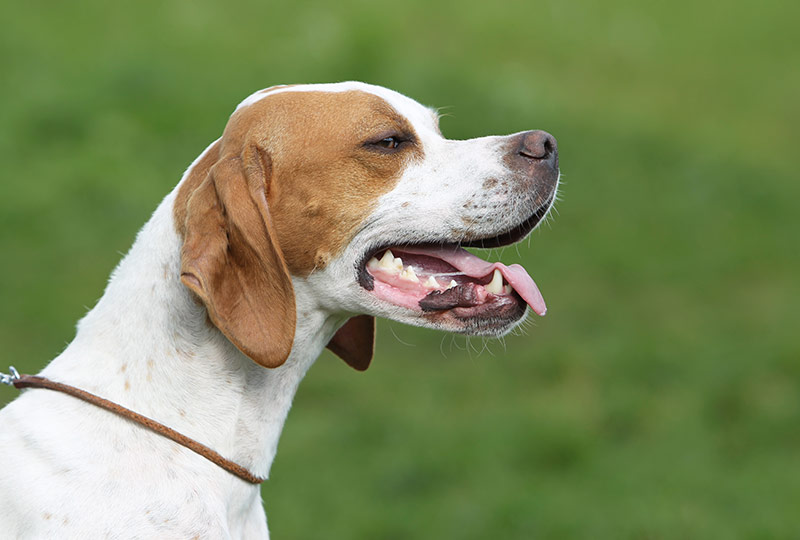
Did you know that pet dental issues are on the rise?
According to the Australian and American Veterinary Dental Societies, 80% of dogs and 70% of cats are likely to develop dental disease by the age of three!
Dental health issues in pets typically remain undiagnosed and untreated for a long time. An animal’s survival instinct is very strong, and they will often keep chewing bones and eating their food without showing any obvious symptoms of pain.
Just because there are no obvious signs of discomfort or pain, doesn’t mean that dental issues aren’t present. By the time the symptoms are so obvious that we notice them, the dental disease is tyically quite advanced.
Having dental problems goes far beyond oral hygiene. Unhealthy gums and teeth can affect your pet’s overall health and can even cause serious issues in your pet’s heart, liver and kidneys.
Cost of dental disease treatment for dogs and cats
Dental disease was one of the most common health issues experienced by dogs and cats in 2022, according to PetSure claims data.
Claims data for dental disease |
Average cost of treatment |
Highest cost of treatment |
| Dogs | $706 | $11,923 |
| Cats | $815 | $4,928 |
Because it is difficult to predict the costs of veterinary care, it can help to have measures in place to help prepare for the unexpected. Pet insurance can help by covering a portion of the eligible vet bill if the unexpected does happen.
Get a quote for 2 months free pet insurance in the first year.
Symptoms of dental disease in pets
Paying attention to your dog’s and cat’s dental health is as important as your own. Look out for these common symptoms of dental disease:
- Bad breath
- Excessive salivation/ drooling
- Change in eating or chewing habits (especially in cats), difficulty chewing their food or eating in general
- Tooth discolouration
- Visible yellow-brown tartar around the gumline
- Red, swollen or bleeding gums (e.g. when you touch your pet’s gums)
- Pawing at the teeth or mouth
- Soreness around the jaw
- Loose or missing teeth
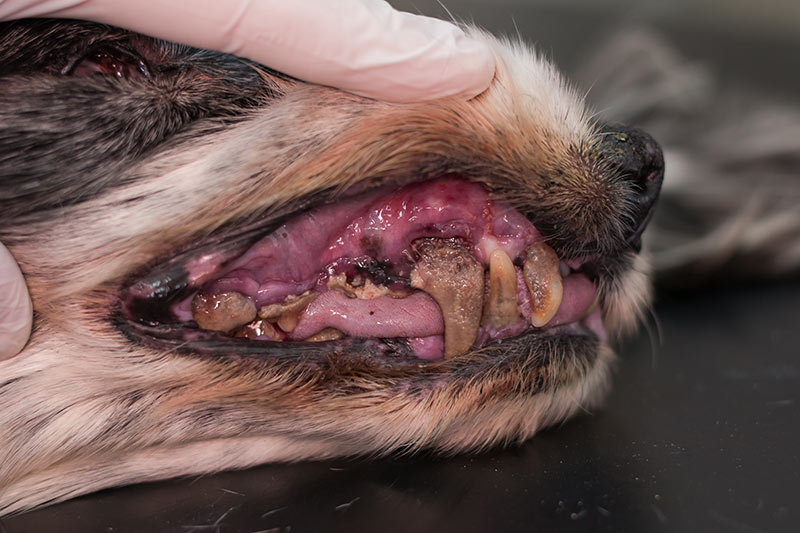
Some of the most common dental conditions that affect pets are:
- Dental disease – e.g. periodontitis, tooth infection/cavity/abscess
- Oral trauma/ fractured tooth – this often happens through accidents such as eating bones that are too hard, getting caught somewhere, dog fights.
- Gingivitis – This is a common and mild form of gum disease (periodontal disease). It causes irritation, redness and swelling of your pet’s gingiva, the part of the gum around the base of your teeth. If untreated, gingivitis can lead to a much more serious gum disease called periodontitis and tooth loss.
- Oral tumours – These tumours should not be ignored. Oral tumours can be found in the dog’s lips, tongue, gums and lymph regions surrounding the mouth.
- Deciduous teeth (and complications thereof) – These are a puppy or kitten’s baby teeth. Puppies have 28 baby teeth and adult dogs have 42, whilst kittens have 26 baby teeth and adult cats have 30 permanent teeth.
- Feline tooth resorption – This is a common and painful condition that affects over 50% of cats. Parts of the tooth close to the gums erode and eventually the tooth becomes irreparably destroyed. The exact cause of this condition is unknown.
- Feline ulcerative stomatitis – This condition is a severe and very painful inflammation of a cat’s mouth and gums. In the majority of cases it causes ulcers in the cat’s mouth, involving lips, tongue, gums and the back of the throat.
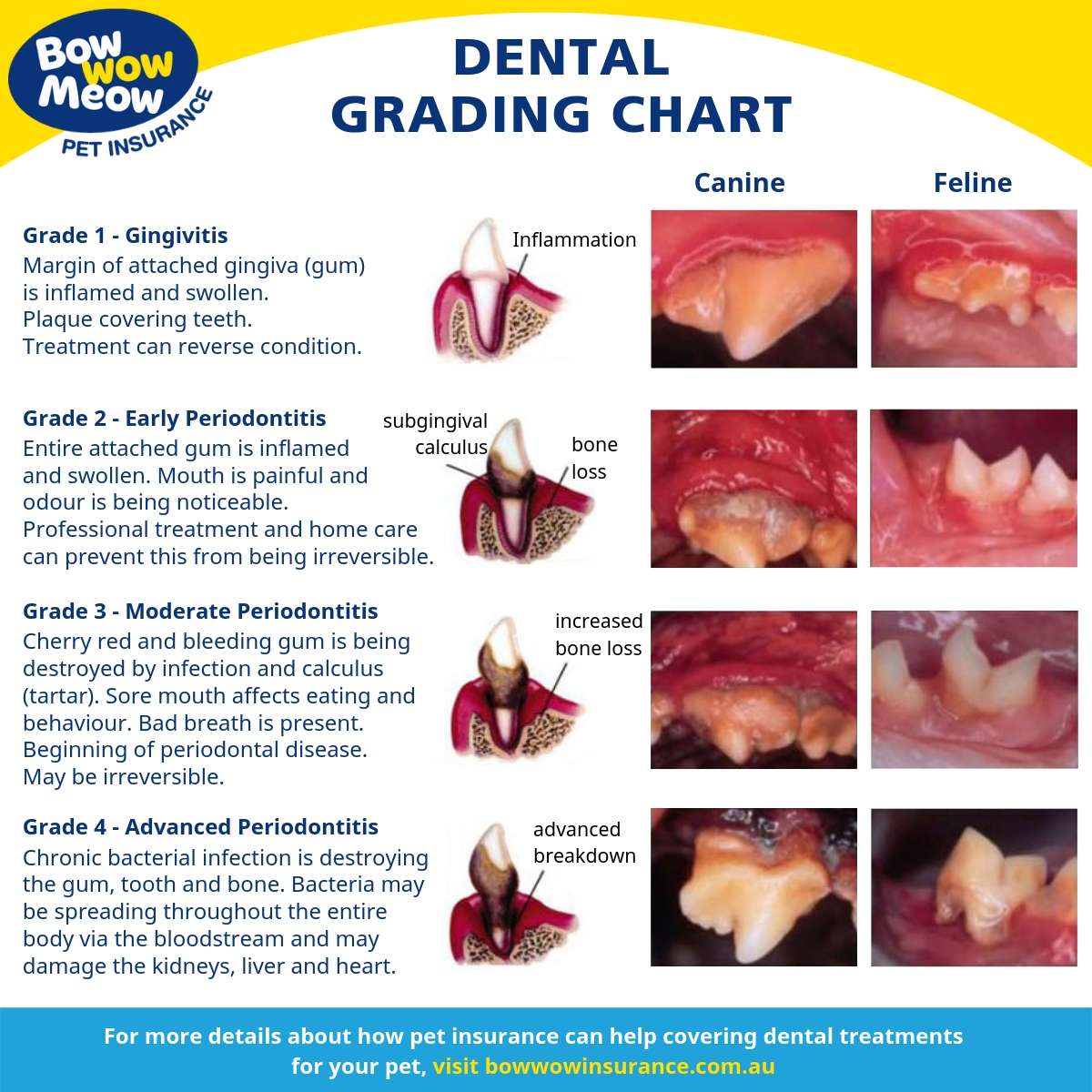
So how should you take care of your pet’s dental hygiene?
Brushing their teeth regularly (daily or at least a few times a week) is probably the best way to do so. There are tooth brushes and tooth paste developed specifically for pets and it is recommended to use them and not human toothpaste or brushes (electrical human tooth brushes are also not recommended).
Learn how to brush your dog’s teeth here.
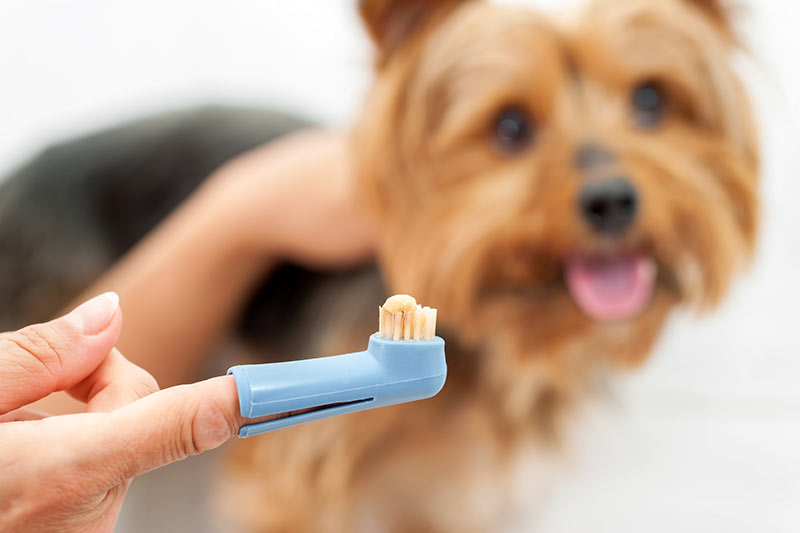
If you struggle brushing your pet’s teeth, we highly recommend appropriate items for them to chew on. Suitable bones and dental chews can help maintaining your pet’s dental health.
Be careful though with very hard bones that can injure your pet’s teeth and plastic chews where your pet might ingest parts of the plastic. Over the years it has also been recommended that dry food (kibbles) is more helpful in keeping your pet’s teeth clean than tinned wet food.
Another good way to support your pet’s dental health is via regular dental check-ups and teeth cleaning. The same way as you get your teeth checked and professionally cleaned on a regular basis, this can be the way to go if you do not brush your pet’s teeth. It is recommended to do this every 12-18 months.
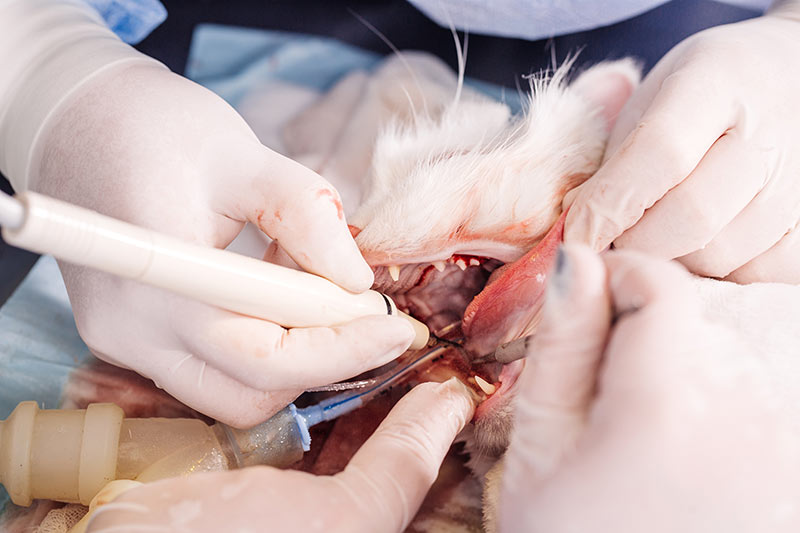
How can Bow Wow Meow Pet Insurance help protect my pet’s dental health?
Including dental cover in your pet’s health insurance plan can certainly be worthwhile. Bow Wow Meow Pet Insurance gives you the option to add on Booster Care, which includes cover for specified dental conditions, including gingivitis, abscesses, cavities and dental disease arising from infection. Scaling, polishing, dental x-rays and tooth removal for specified dental conditions may be eligible for cover under Booster Care if you have this. Please refer to the PDS for terms and conditions and exclusions.
The sad reality is that as pets get older, the costs of dental treatments increase due to worsening dental health.
Dental illness treatment cost by age of pet
| Age | Cats | Dogs |
| 0 | $432 | $264 |
| 1 | $680 | $463 |
| 2 | $680 | $553 |
| 3 | $833 | $611 |
| 4 | $833 | $674 |
| 5+ | $833 | $778 |
| Total | $771 | $652 |
Data source: PetSure claims data 2022 calendar year. Pet age Average claimed amount per case.
In summary
Dental issues in pets are just as common as they are in people who neglect their dental care. Unlike humans however, pets can’t communicate when they are experiencing dental discomfort or pain. By the time you know there is a dental issue, the condition may already be very advanced. Dental care and hygiene is therefore of utmost importance – to keep your cat or dog’s teeth bright and shiny and to ensure their overall good health.

